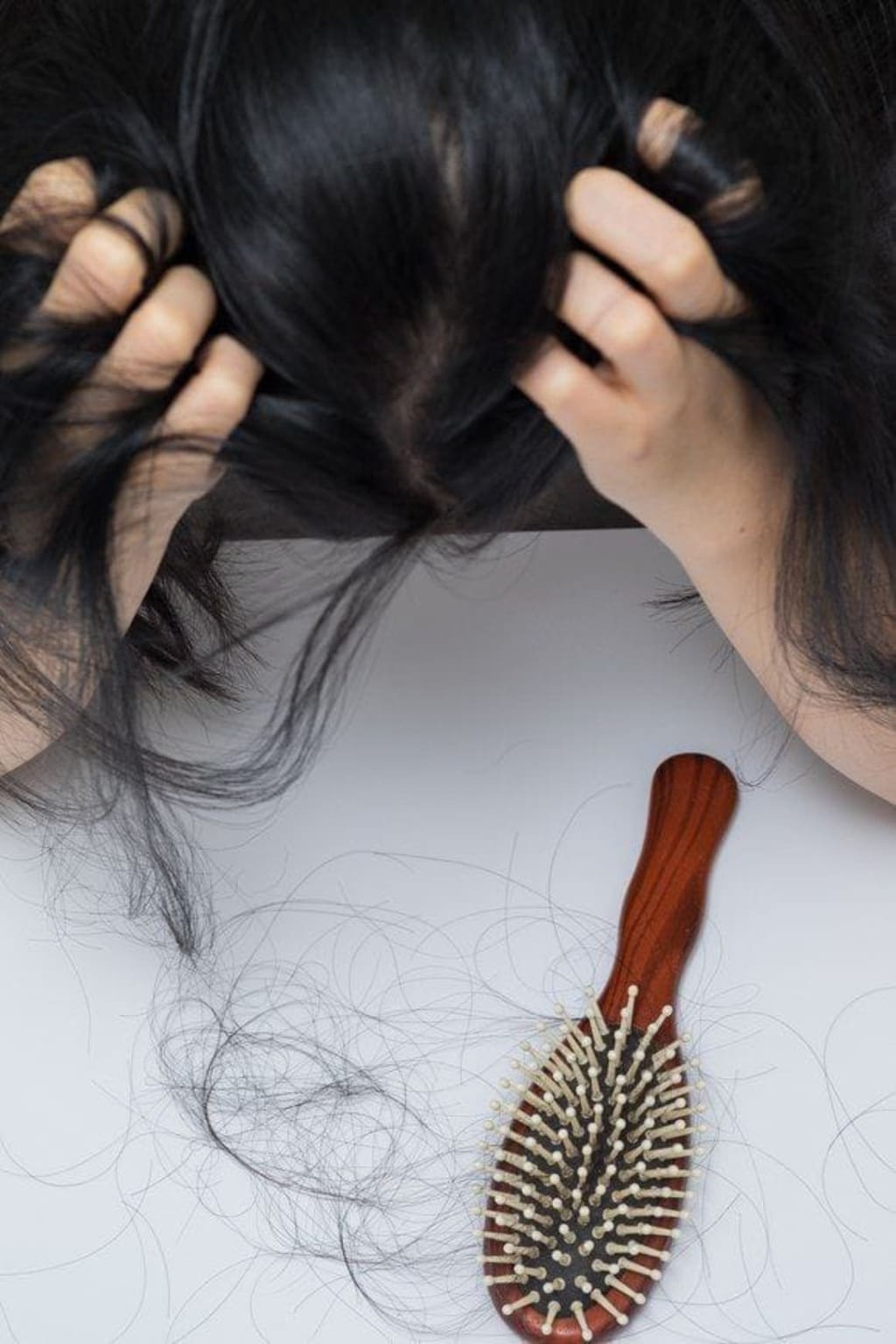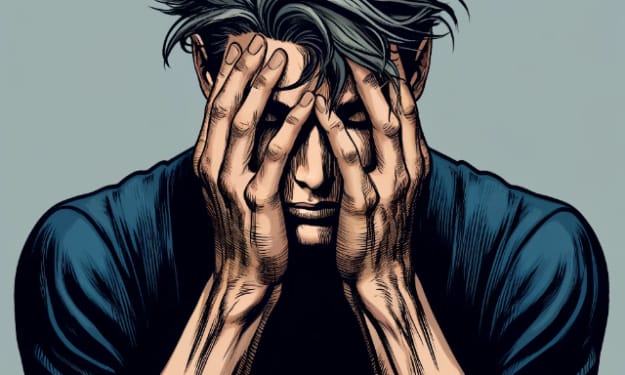
Hair fall is a common issue that affects many people. There are many factors that can cause hair fall, including genetics, hormonal changes, medical conditions, stress, poor nutrition, and certain medications. Here are some steps you can take to help reduce hair fall:
Eat a well-balanced diet that is rich in vitamins and minerals, especially iron and vitamins B12 and D.
Avoid styling practices that can cause damage to your hair, such as hot styling tools, tight braids or ponytails, and chemical treatments.
Reduce stress through activities like yoga, meditation, and exercise.
Massage your scalp regularly to improve blood flow to the hair follicles.
Avoid harsh hair care products and opt for gentler, natural alternatives.
If your hair fall is due to a medical condition, see a doctor to get a proper diagnosis and treatment.
It's important to keep in mind that some hair fall is normal and that everyone sheds a certain amount of hair each day. However, if you notice excessive hair fall or other changes in your hair, it's a good idea to talk to a doctor.
How to stop hair fall
Here are some steps you can take to help stop hair fall:
Maintain a healthy diet that is rich in vitamins and minerals, especially iron, biotin, and vitamins B12 and D.
Avoid harsh hair care products, such as hot styling tools and chemical treatments, which can damage your hair and lead to hair fall.
Reduce stress through activities like yoga, meditation, and exercise, as stress can lead to hair fall.
Massage your scalp regularly to improve blood circulation and promote hair growth.
Get plenty of sleep and exercise, as both of these are important for overall health and can impact the health of your hair.
Avoid tight hairstyles, such as braids and ponytails, which can pull on your hair and lead to hair fall.
Consider using hair growth products, such as minoxidil, which is available over-the-counter and has been shown to be effective for some people in promoting hair growth.
It's important to keep in mind that everyone sheds a certain amount of hair each day, so some hair fall is normal. If you are concerned about excessive hair fall or other changes in your hair, it's a good idea to talk to a doctor to rule out any underlying medical conditions.
natural remedies to stop hair fall
Here are some natural remedies that may help stop hair fall:
Scalp massage with essential oils: Massaging your scalp with essential oils, such as lavender, rosemary, and tea tree oil, can improve blood circulation to the hair follicles and promote hair growth.
Aloe vera: Aloe vera has moisturizing properties that can help soothe the scalp and reduce hair fall. You can apply aloe vera gel directly to your scalp and massage it in.
Coconut oil: Coconut oil has been shown to have a positive effect on hair health, including reducing hair fall. You can massage coconut oil into your scalp and leave it in for several hours before washing it out.
Onion juice: Onion juice has been used for centuries as a natural remedy for hair fall. The high sulfur content in onions is thought to improve blood circulation to the hair follicles and promote hair growth. Simply extract the juice from one onion and apply it to your scalp.
Multivitamin supplements: A diet that is deficient in certain vitamins and minerals can contribute to hair fall. Taking a daily multivitamin can help ensure that you are getting all of the essential nutrients your hair needs to stay healthy.
Amla (Indian Gooseberry): Amla is a popular ingredient in Ayurvedic medicine and is believed to promote hair growth and reduce hair fall. You can consume amla powder or juice, or apply amla oil directly to your scalp.
It's important to keep in mind that while these remedies may help reduce hair fall for some people, they may not be effective for everyone. If you are concerned about excessive hair fall, it's a good idea to talk to a doctor to rule out any underlying medical conditions.
How to grow hair
Growing hair can take time, but there are some things you can do to promote hair growth:
Maintain a healthy diet that is rich in vitamins and minerals, especially biotin, iron, and vitamins B12 and D.
Avoid harsh hair care practices, such as hot styling tools and chemical treatments, which can damage your hair and slow down growth.
Massage your scalp regularly to improve blood circulation and promote hair growth.
Reduce stress through activities like yoga, meditation, and exercise, as stress can impact the health of your hair.
Get plenty of sleep and exercise, as both of these are important for overall health and can impact the health of your hair.
Avoid tight hairstyles, such as braids and ponytails, which can pull on your hair and lead to hair breakage.
Consider using hair growth products, such as minoxidil, which is available over-the-counter and has been shown to be effective for some people in promoting hair growth.
It's also important to be patient and give your hair time to grow. On average, hair grows about a quarter to half an inch per month. If you are concerned about slow hair growth or hair loss, it's a good idea to talk to a doctor to rule out any underlying medical conditions





Comments
There are no comments for this story
Be the first to respond and start the conversation.